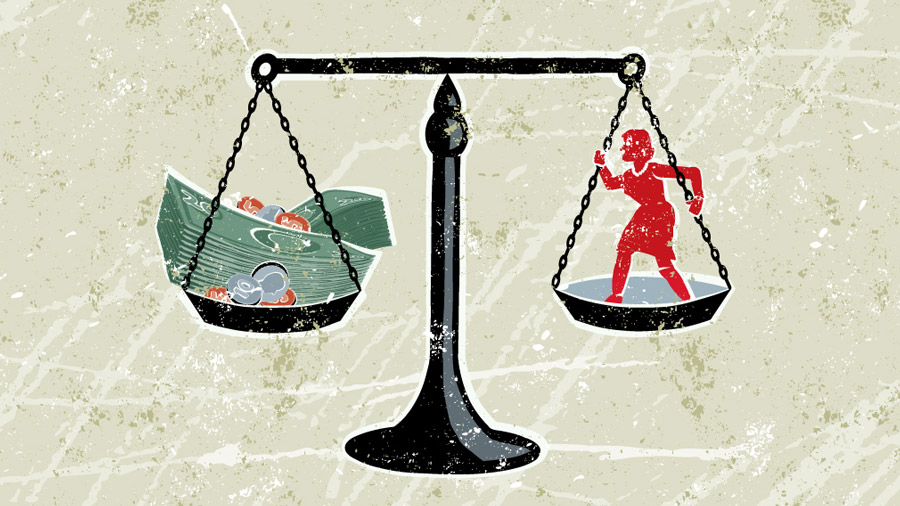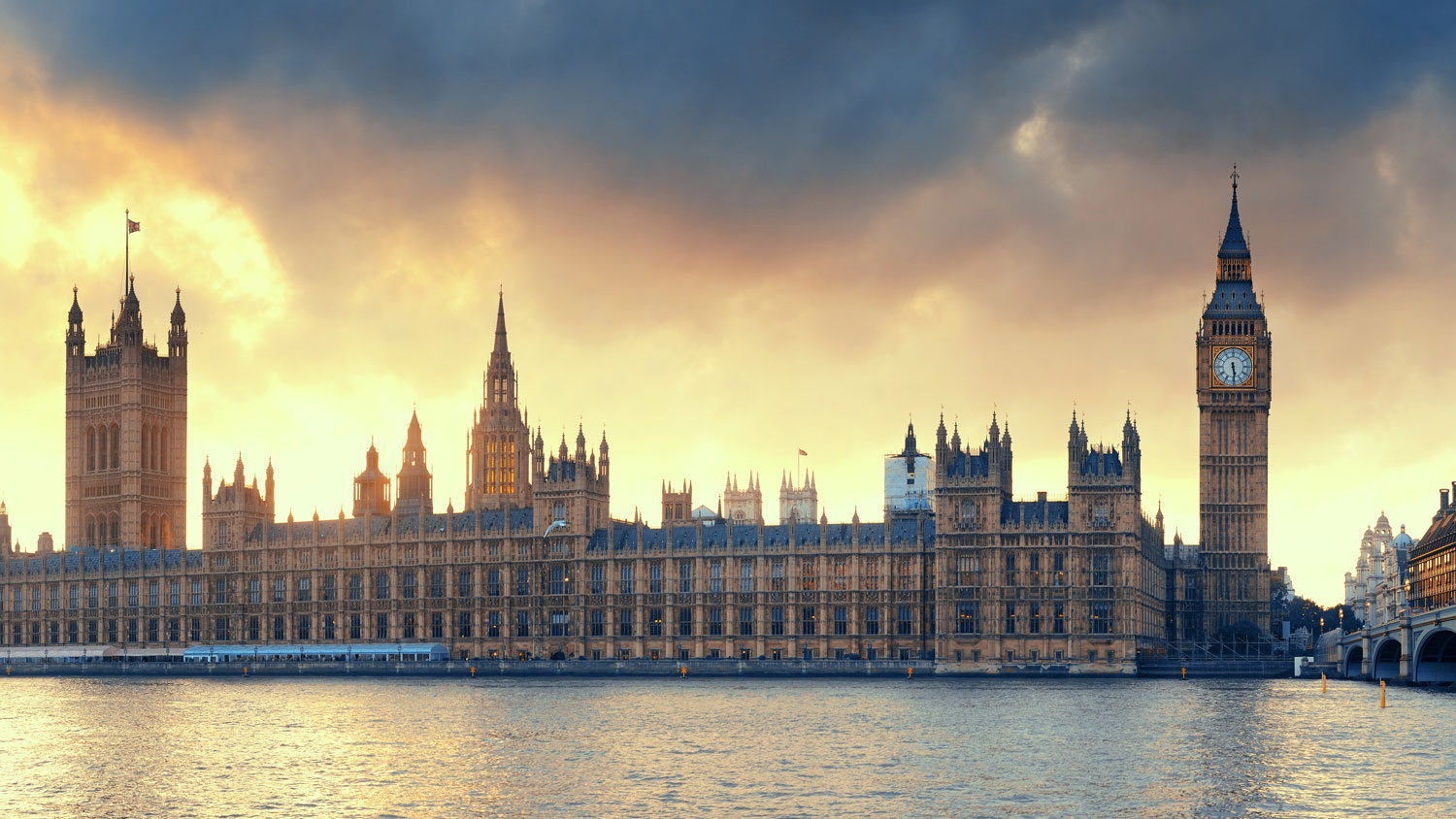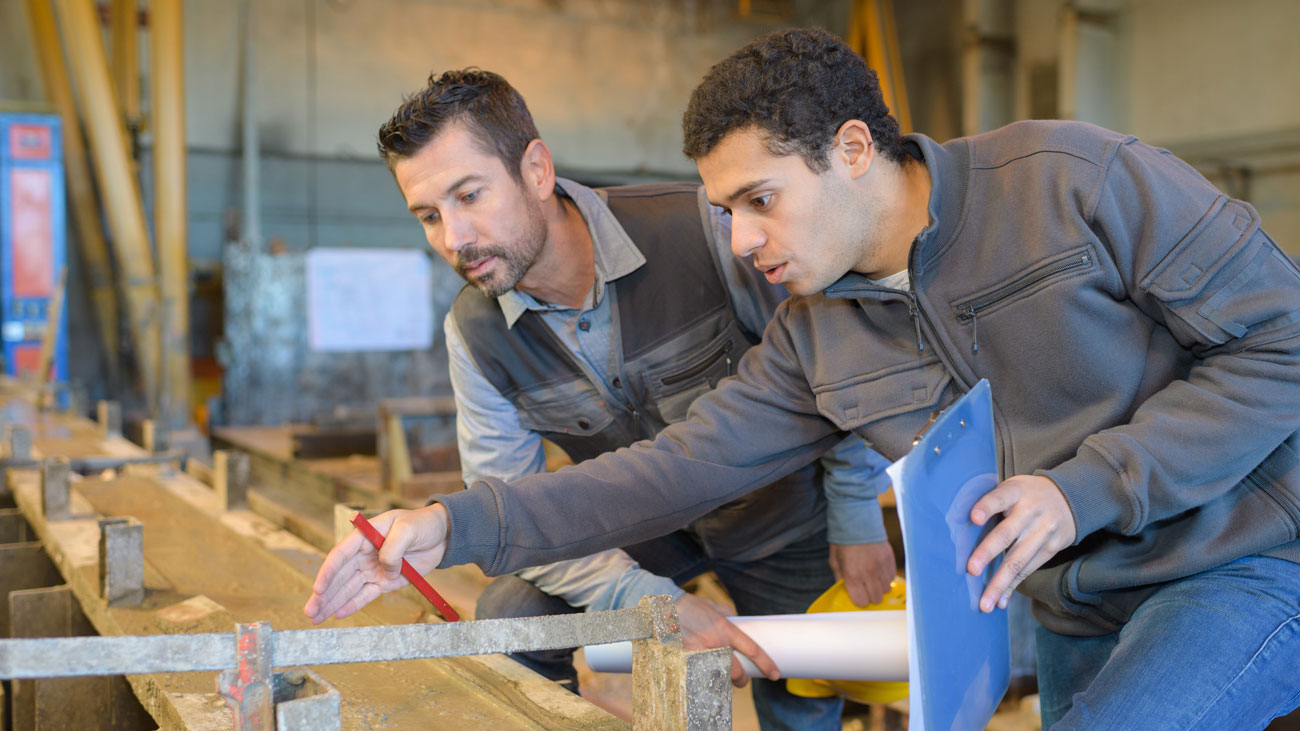
Men more likely to get a pay rise than women
A gender gap persists in pay rises requests, with men more likely to ask, and be successful, than women. YouGov data explores the demographic factors involved in making a pay rise request.
Across all British adults who have ever held a paying job, four in ten have asked for a pay rise, made up of 26% who have been successful at least once and 13% who were never successful. Half (53%) have never asked, while 7% can’t recall whether they have previously asked or been successful.
There is a substantial gender gap present in the thorny business of asking for a pay rise. Women who have worked are noticeably less likely to have never asked for a pay rise (60%) than men (48%).
Of all British adults who have worked, 46% of men have asked for a pay rise, compared to just 33% of women. Three in ten men (31%) have asked for a pay rise and been successful, compared to 21% of women.
When looking at success rates (the proportion of those who have asked for a pay rise and been successful), the numbers for men and women are much more even, although men are narrowly in front with a success rate of 68% compared to women’s 63%.
Breaking the results down by age and gender reveals that younger men and women are on an even keel, but a gender gap exists from those in their 30s and older. For 18 to 29-year-olds who have held a job, 18% of men and 16% of women have asked for a pay rise and received at least one, and likewise 17% of young women and 15% of young men who have asked for, but never received, a pay rise. Six in ten of both groups have never asked in the first place.
Moving up the decades, the gender gap immediately begins to become more noticeable, with a 12-point difference between men in their 30s who have successfully asked for a pay rise (31%) and women in their 30s who have done the same (19%). This difference between men and women persists across age as the proportion who have been successful increases. For Britons over 70, a third (34%) of men who have worked have successfully asked for a pay rise, compared with around a quarter (23%) of women.
British workers from ABC1 occupations are more likely than those working C2DE jobs to have asked and been successful in asking for a pay rise. More than four in ten (44%) Britons from ABC1 lines of work have asked for a pay rise, including 30% who have asked successfully – a success rate of 69%. That’s compared to 33% of C2DE workers who have asked for a pay rise, including 19% who have received one as a result of asking – a success rate of 59%.
A third of ABC1 men (36%) have asked for a pay rise and received one, compared to 24% of C2DE men. For women, the figures are 25% (ABC1) and 13% (C2DE) – a 12-point gap against their male counterparts in both cases.
Women from working-class occupations (69%) are considerably more likely than women from middle-class occupations (55%) to have never asked for a pay rise. The gap between middle class men and working class women on this measure stands at a whopping 23pts, with 46% of men in ABC1 jobs never having asked for a pay rise.
The full results can be seen here.







